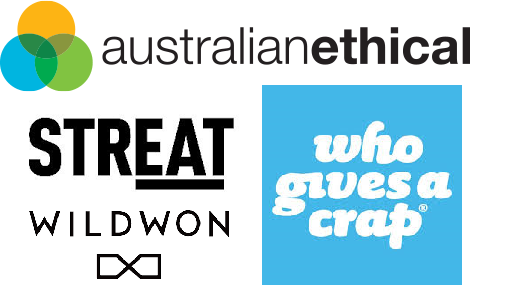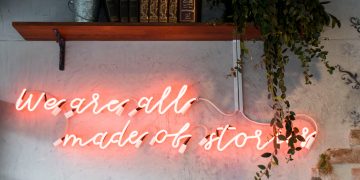Exploring the impact sector down under
G’day mate. The classic Australian greeting is instantly recognizable and universally known. But what if I mentioned STREAT or Wildwon, or maybe Australian Ethical. Not nearly as recognizable but these are all Aussie companies that are trailblazing the impact sector Down Under.
On a recent trip to Australia I had the opportunity to get a firsthand look at how the impact sector is developing on the other side of the world. It’s remarkable to be so far from home, in a landscape as different as you can imagine yet find something so familiar.
Let me take you through three things I’ve discovered about the social impact scene Down Under:
1. Social Enterprises are alive and well Down Under.
One of the first things I noticed about the social impact sector in Australia is the prevalence of social enterprises. There are so many different organizations looking to maximize social and environmental well-being alongside commercial gains.
Take STREAT, a social enterprise that aims at getting homeless kids off the street by training them in hospitality. It is run as a not-for-profit but has a range of for-profit cafes. I was all too happy to contribute to the cause by purchasing my morning brew from STREAT. It was a nice feeling knowing that more than my caffeine addiction was being served, as every purchase makes a contribution to their youth training program.
It was also nice to see a healthy Bcorp environment thriving- with 122 registered Bcorps in Australia (compared with 161 in Canada). Wildwon is one of those Bcorps. It’s an end-to-end experience design company, crafting memorable experiences across branding, events, digital communications and content creation. They exist to grow the purpose-driven business ecosystem and help values-led organizations win.
Hatched is another advisory firm for purposeful business. They design and create long term sustainable businesses that use their power to do good.
Another social enterprise that may make you smile is Who Gives a Crap. They make 100% recycled toilet paper, and they donate 50% of profits to build toilets in the developing world. I laughed at their tag line “Good for your bum, Great for the world!”
2. Accents aside, we’re all speaking the same (impact) language.
Learning about the social impact space in Australia was a good reminder that the language of social impact and the alignment of business and social objectives is a global phenomenon.
Take this course description from a one-day Masterclass put on by the Guardian on how to run a purpose-driven business.
“The future belongs to businesses with purpose. The kind of purpose that’s baked into the business model, from the kind of companies that solve problems, rather than create them. Sustained success doesn’t come from soaring profit margins, it’s built upon the combination of a healthy bottom line with a healthy perspective on what the world actually needs.”
It’s helpful when everyone is speaking the same “impact” language (checkout our CSR dictionary), because the lessons of success and failure can easily be transported around the world. Take the Purpose 2016 conference out of Sydney, where the planners were making this the conference that “propels purpose-driven businesses to the front of the pack; the place for meeting like-minded individuals, forming lasting connections and learning not just from business success stories, but from the failures that shape us all.”
Their progress is a reminder to reach out to our international contacts and to incorporate their lessons learned. Together, we can accelerate the growth of the social impact space.
3. They put their money where their mouth is
The social impact space needs brilliant entrepreneurs with brilliant ideas, but it also needs support to grow to scale. Social finance is one way to support that growth, and in Australia there are some leading firms.
Take the Impact Investment Group, a leading Australian impact investment fund manager. Their mission is to shift capital towards investments that blend financial returns with deep social and environmental impact, and to lead by example in using all of our resources to create the world we want to live in. Impact Investment Group is Australia’s first B Corporation funds manager.
Another very cool impact investment firm is Australian Ethical. They invest with ethical standards, but what I find most interesting, is they let individuals invest directly with as little as $500 to start. This approach seems to really lower the barriers to getting more people voting with their investment dollars for companies that understand the concept of a triple bottom line.
So there you have it, my first encounter with the Australian social impact space. Do you have any international insights in social impact? If so, we’d love to hear them.





No Comment